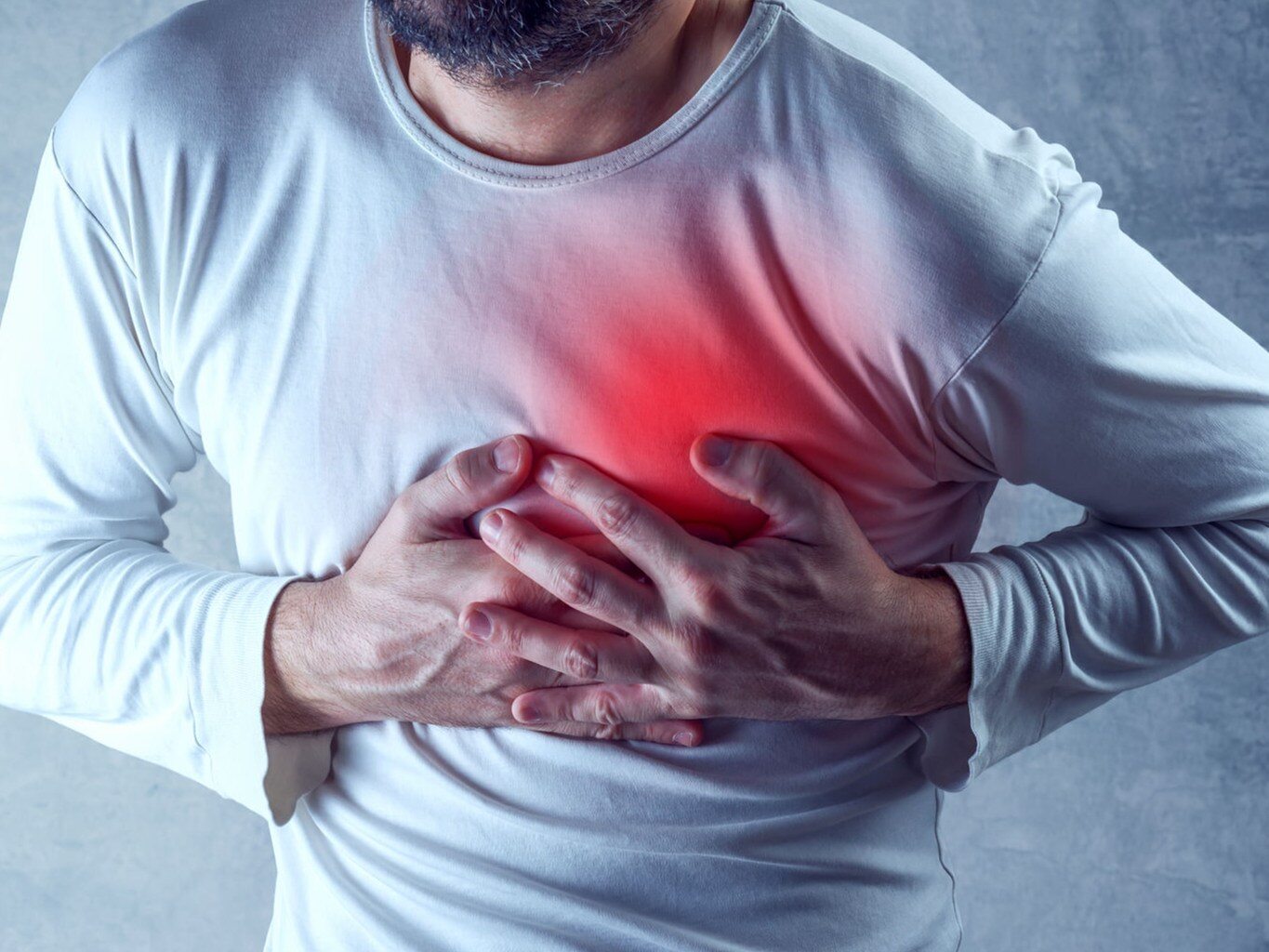This non-specific symptom may herald a heart attack. Don't ignore it, because a tragedy may result

Although the most characteristic symptom of a heart attack is chest pain, it may also include pain in a completely different part of the body. Check what other signs you should pay attention to.
It's a heart attack state of myocardial ischemia. Most often, it is the result of atherosclerosis of the coronary arteries. In Poland, approximately 15,000 people die from heart attacks each year, and every year this disease affects an increasing number of young people. A heart attack most often begins suddenly. The chances of survival and minimizing the effects of a heart attack depend on calling for help, so it should be done as soon as possible. Specialists warn that time is of the essence here. Although a heart attack may look slightly different in each person, some people experience its first symptoms much earlier.
Jaw pain as a non-specific symptom of a heart attack
Most often, a heart attack is associated with chest pain, but it can also cause completely different symptoms, which we initially attribute to other diseases and, as a result, we often underestimate them. One of the non-obvious symptoms that most of us certainly do not associate with the risk of a heart attack is jaw pain. Mainly women complain about this symptom (however, scientists do not yet know what causes it). This may be an alarm signal from the body, especially if the pain radiates and is accompanied by other symptoms. There may also be severe toothache, pain in the jaw and lower parts of the face. Although people most often seek help from a dentist, it is also worth checking your health, among other things, for cardiovascular diseases, and these symptoms should never be ignored.
What are the typical symptoms of a heart attack?
Typical symptoms of a myocardial infarction include sudden and very severe pain around the sternum and heart. This pain is burning and choking. It also persists after rest. It may radiate to the left arm, abdomen, back, but also to the jaw. Such symptoms are often accompanied by rapid heart rate and palpitations, and the patient may experience shortness of breath and anxiety. Such chest pain should definitely be a “red flag” for each of us that something is very wrong with our health.
Less characteristic symptoms of a heart attack include:
-
dizziness,
-
cold sweats,
-
numbness in limbs,
-
long-lasting cough,
-
nausea,
-
heartburn,
-
fatigue,
-
chest discomfort
-
stomachache.
Be sure to check out other unusual symptoms of a heart attack that can be easily ignored. If you notice disturbing symptoms in yourself or someone around you, react. Then it is important to call for medical help, but also stay calm. Remember that you cannot leave a sick person alone while waiting for the emergency medical team. The patient should be placed in a semi-sitting position and make breathing easier (ensure access to fresh air and loosen tight clothing).






